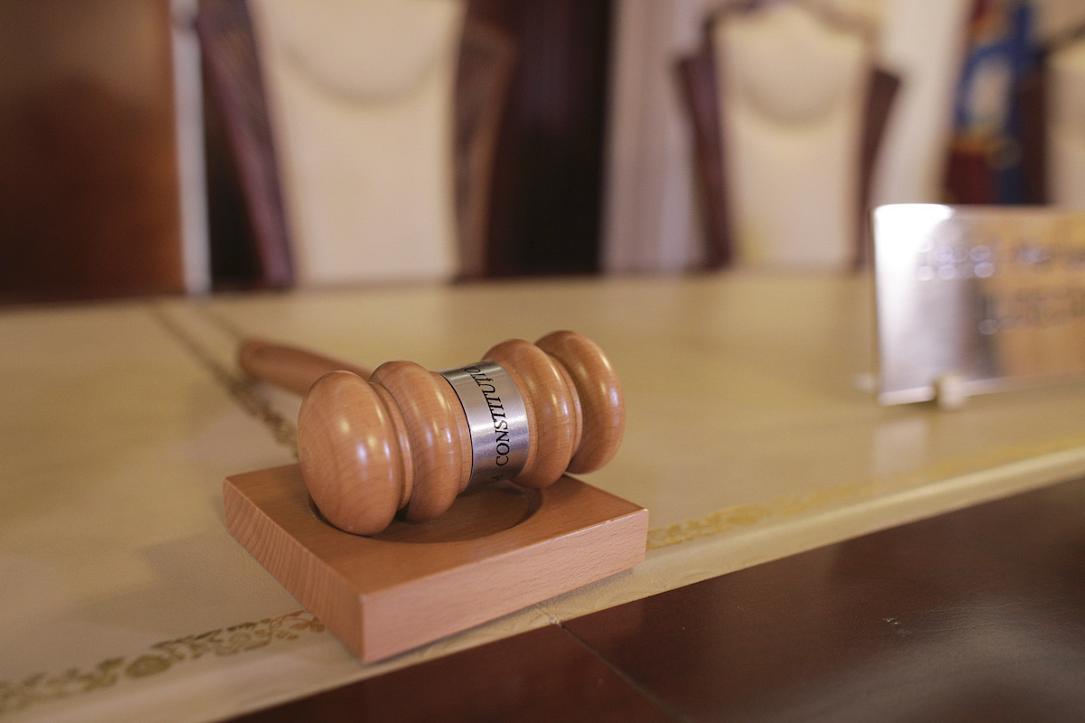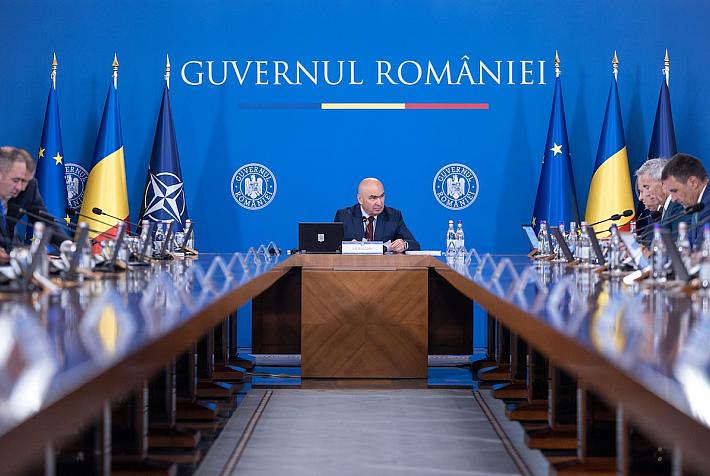Romanian Constitutional Court challenges primacy of EU law

Romania's Constitutional Court (CCR) stated on December 23 that national judges will be able to override provisions of Romanian law, including those of the Constitution, in favour of EU law only after the country's Constitution is amended accordingly.
The position is a response to a decision of the Court of Justice of the European Union (CJEU), which established on December 21 that national judges can leave unapplied CCR decisions that contravene EU law without risk of disciplinary inquiries. The comprehensive 53-page decision of the CJEU broadly addresses the Romanian reforms in the field of justice. It stresses the mandatory nature of the recommendations included in the Cooperation and Verification Mechanism (CVM).
CCR is not the first European constitutional tribunal to challenge the supremacy of EU law. Constitutional tribunals in Germany and Poland did it already and the disputes haven’t reached a clear conclusion. Since all three disputes regard not the principle itself - but specific cases - they are receiving different answers from the European bodies. This leaves more fundamental issues related to the constitutional organisation in Europe not answered (which is not new), thus prone to partisan interpretations.
In the specific case addressed by the CJEU on December 21, the European body’s ruling is aimed at supporting developments toward achieving intuitively legitimate anticorruption purposes. In brief, CJEU encouraged Romanian judges to override a CCR decision that, based on issues related to the procedure, scrapped final court rulings. This resulted in defendants previously sentenced for corruption being released. This “involves a systemic risk of impunity in regard to the anticorruption combat,” the CJEU concludes.
The case occurs amid poor and sluggish performance of the Romanian judiciary system, particularly in the field of anticorruption.
The line of reasoning of the CJEU seems to be that overriding national bodies would guarantee the independence of Romanian judges (acting as EU judges). While in this particular case, the benefits of the model sketched by the CJEU (ignoring national constitutional tribunal) are undeniable, there are no grounds to extrapolate it before settling the role of the national constitutional courts in Europe. The relationship between ignoring the Constitutional Court and bending the rule of law has been judged differently in different situations not only in Romania and this only demonstrates the lack of consistency in the construct of the Union’s legal system.
On this topic, CCR de facto argues that the EU law (hence the decisions of the CJEU) prevail only over the secondary national legislation and not over the Constitution. Another possible interpretation is that the EU law prevails absolutely and the national legislations (including national Constitutions) only “fills the gaps” not addressed by the Union’s legislation. But this requires amending Art 147 para.4 of the Romanian Constitution that reads that “the decisions of the Constitutional Court are and remain generally binding.”
In fact, the European Union’s member states failed to agree on a single Constitution for Europe - which would have avoided such politicised conflicts between national and EU law. France and the Netherlands rejected by referendum the Constitutional Treaty, Poland cancelled the referendum on this topic while the Czech Republic and Sweden never held one.
It is not yet clear whether the CCR statement will trigger a broader conflict between Romania and the European authorities. Senior ruling Social Democrats would be in principle inclined to support nationalist approaches but want at the same time to demonstrate progress from the problematic performance of past leadership (Liviu Dragnea) in the field of rule of law. President Klaus Iohannis and his Liberal Party (PNL) just lost their credibility as staunch defenders of the rule of law, following the political turmoil that culminated with the appointment of controversial people in positions that are important exactly for the rule of law.
In May 2020, the German constitutional court in Karlsruhe ruled that the ECB’s 2015 bond-buying program would be illegal under German law unless the central bank could prove the purchases were justified and, notably, dismissed a previous CJEU ruling that allowed the bond purchases.
The dispute remains in limbo since the European Commission dropped the case against Germany in December 2021, declaring itself satisfied by the German Government assurances that “ commits to use all the means at its disposal to avoid, in the future, a repetition of an ‘ultra vires' finding, and take an active role in that regard." It remains, however, uncertain how the German government could provide such assurance on the behalf of a supposedly independent juridical body such as the constitutional court.
The dispute between Poland and the European bodies over the primacy of EU law has a much longer history and may be relevant for the case of Romania for many reasons.
iulian@romania-insider.com
(Photo source: Inquam Photos / Octav Ganea)













